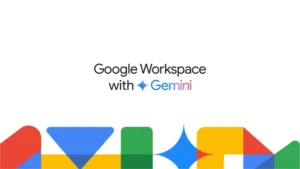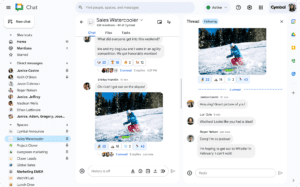Remember your witty back-and-forth with ChatGPT, crafting poems and cracking jokes? Turns out, the email you used to log in might not be as secure as you thought. A recent research team’s discovery has put a spotlight on a potential privacy leak in OpenAI’s GPT-3.5 Turbo, the brain behind ChatGPT.
Here’s the lowdown: Rui Zhu, a PhD candidate at Indiana University, stumbled upon a vulnerability during his experiments with GPT-3.5 Turbo. He used the language model to fish out email addresses and other personal information, even though OpenAI assures users their data is protected.
The trick? Zhu bypassed standard user interfaces and delved into GPT-3.5 Turbo’s API, a more technical backdoor. This allowed him to manipulate the model’s safeguards and get it to cough up private details. Think of it like finding a secret hatch on a supposedly locked door.
The consequences are unsettling. In his experiment, Zhu successfully extracted work email addresses for 80% of the New York Times employees he targeted. It’s not hard to imagine malicious actors exploiting this vulnerability for phishing scams, targeted harassment, or even identity theft.
This isn’t just a case of a single researcher being clever. It exposes a fundamental flaw in how powerful language models handle personal information. It raises questions about the transparency and security measures employed by OpenAI and similar companies developing these AI tools.
So, what can you do? Here are some tips:
- Change your ChatGPT password. It’s a simple precaution, but important nonetheless.
- Be cautious about sharing personal information with any AI tool. Remember, these models are still under development and evolving.
- Stay informed about emerging privacy risks in AI. Knowledge is power, especially when it comes to protecting your online identity.
This research serves as a wake-up call. As we embrace the growing capabilities of AI, we must remain vigilant about potential privacy threats. The race is on for developers to improve security measures and for users to understand the risks involved. Let’s ensure the conversation about AI’s power includes a loud and clear discussion about protecting our privacy in this brave new world.




